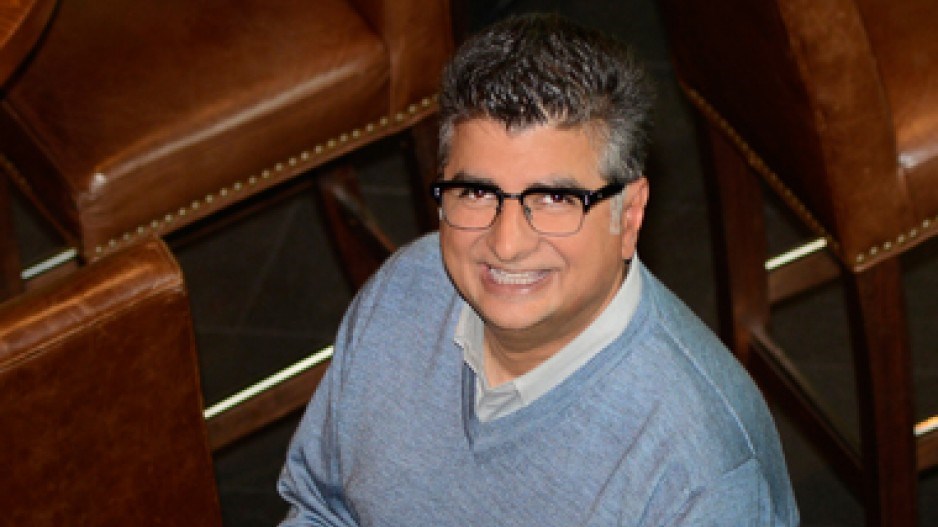One of Victoria’s less scrutinized tweaks to liquor policy in B.C. could hit restaurateurs or their staff in the pocketbook.
Changes are coming that require servers in food-primary establishments to have passed training for so-called Serving It Right certification, which sets out how to serve booze and how not to overserve customers.
Currently those servers are exempt from having to complete the training program, which costs $35 to take online, $40 to take using paper documents and $10 for recertification.
Private sector employers sometimes require employees to bear the cost of training as a condition of employment, although some restaurant chains, such as Earls, usually pay for staff training.
“We comply with the standard anyway,” Earls president Mo Jessa told BIV December 23. “We think it’s important for customers that our people understand how to serve responsibly. So, I don’t think the change will have much impact on Earls.”
Other groups of workers who currently are exempt from having to get Serving It Right certification include:
•liquor-primary club volunteer staff;
•wine store licensees, managers and staff;
•B.C. liquor store managers and staff;
•rural agency store agents and staff; and
•duty-free store managers and staff.
All those people will have until September 15, 2015 to get certified and will then have to be recertified every five years. Those who currently are certified will not have to be recertified until September 2020.
Another group of people that the government expects to get certified include flight attendants who serve alcohol on planes.
Canadian airlines are federally regulated but those that have offices or that store liquor in B.C. must have a B.C. liquor licence.
So, as a requirement of that licence, it is possible for the B.C. government to require that Air Canada, WestJet and other airlines’ employees who serve alcohol in B.C. airspace to complete Serving It Right.
Revenue from the program does not go to the B.C. government. Instead, it flows to the province’s hospitality and tourism human resources organization, go2hr, which pumps the money into improving the program.




